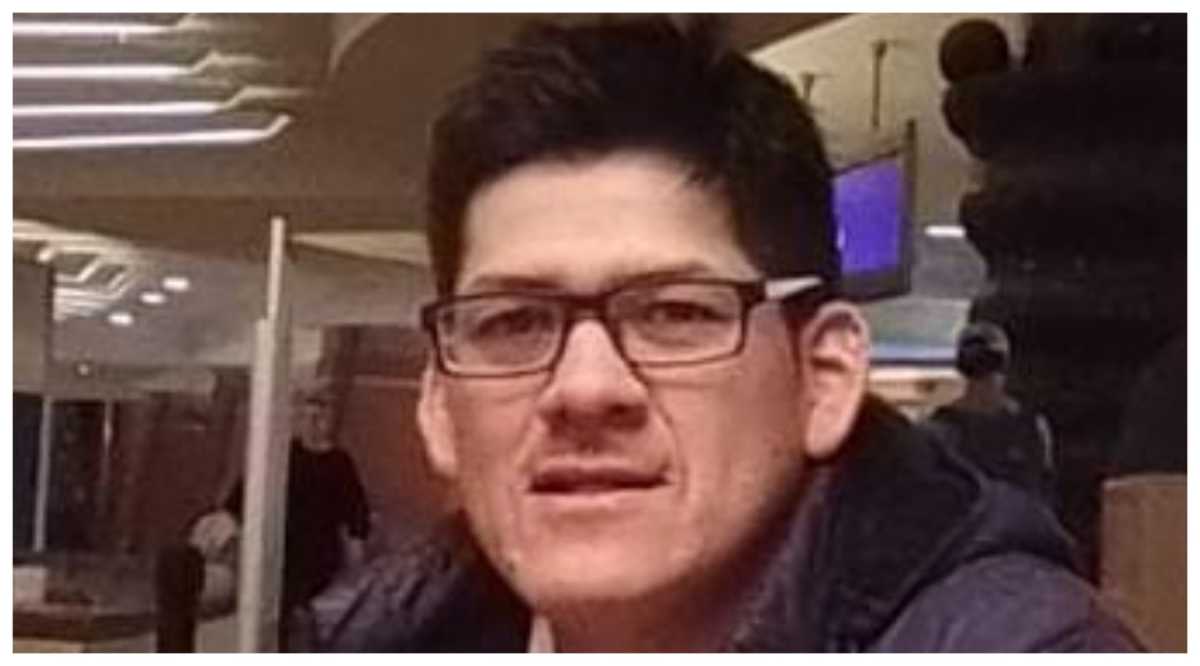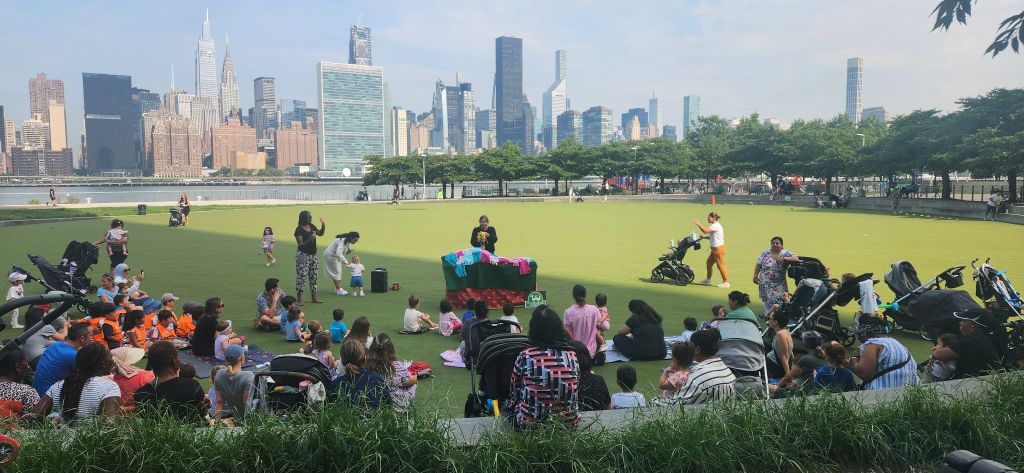By Adam Kramer
Dr. Marcel Benoit is a television star but not in the traditional sense. He hosts a cable access health program — “Health Talk” — every Sunday night at 7 p.m.
Benoit started the program in 1995 just as he was hanging up a shingle for his medical practice in Queens Village and Brooklyn. At the time, Benoit, who had no money and did not know how to attract patients, thought a program that focused on diseases affecting the city’s minority community would help them as well as his practice.
Today his storefront medical practice at 215-17 Jamaica Ave. serves the diverse southeast Queens communities that surround his office. The majority of his patients hail from the Caribbean nations of Haiti, Jamaica and Guyana as well as the Southeast Asian countries of India, Pakistan and Bangladesh.
“Educating the diaspora about all the diseases affecting them is the backbone of the practice,” he said. “The TV show helps people better identify with you. Most patients are looking for a closeness with their doctors. They want to be a part of you.
“Patients are more compliant,” he said, “when they are comfortable with their doctor.”
To improve doctor patient/relations he holds a black tie party every December to enhance the connection with his patients and allow them to get to know each other.
Benoit, 44, a dignified man with graying hair and horned-rimmed glasses who always wears a suit to work, is a married father of a 13-year-old daughter and a 11-year-old son.
Opening up storefront practices to serve the borough’s immigrant community is logical for Benoit — a Haitian immigrant. He arrived in the United States in 1972 when he was 14. The 44-year-old doctor and his younger brother followed their parents, who had left Haiti in 1965. They stayed behind with their aunt while waiting to enter the United States.
“My parents did not come for political reasons,” he said. “They came here for the betterment of their kids and a better chance at life.”
Benoit was steered toward a career in medicine by a health crisis he suffered as a child and his mother. When he was 10, he came down with tetanus, which caused severe shakes and convulsions and he was saved by a physician.
“My mom always dreamt for me to become a doctor,” said Benoit, who earned the first medical degree in his family. “It was her pride and ambition to instill this in me. It soon became part of my ambition. My mom is really my inspiration.”
Starting his life in Brooklyn was extremely difficult, he said, as he only spoke French when he arrived. But he soon overcame the language barrier and graduated from James Madison HS in Brooklyn.
He then headed to City College and four years later it was off to medical school in Belgium where he received a Ph.D. in physiology at the University of Liege.
“I had French-speaking parents who wanted me to have a European education,” he said.
After finishing his degree in Belgium, he headed to a medical school in Mexico affiliated with Downstate Medical Center in Brooklyn. He stayed for two years before returning to Brooklyn to finish at Downstate.
Benoit did his residency in internal medicine and completed a fellowship in nephrology at Brookdale Hospital in Brooklyn. He said he chose the specialty because of the “preponderance of black people with kidney disease and diabetes.
“Back home there is a lot of ignorance about health care,” he said. “If someone dies, they put it down to voodoo. In Haiti there are a lot of diabetics because their diet is rich.”
He said his goal was to have a one-stop shop for the patient. He has a cardiologist as well as a gastroenterologist on staff so patients can be referred immediately and have no problem getting an appointment.
“We try to make it easy for the patient.” he said. “If a patient needs a heart test, they can be seen today.”
Reach reporter Adam Kramer by e-mail at Timesledgr@aol.com or call 229-0300, Ext. 157.


































